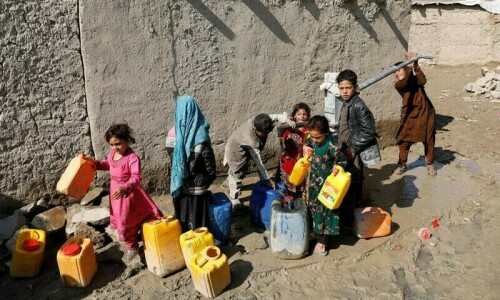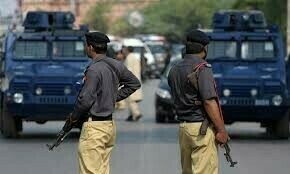A SHOCKING and concerning report, released at the end of 2023, showed that over 0.7 million people, mostly youngsters, migrated from Pakistan for greener pastures to various Gulf and European countries. While Pakistan has young and vibrant human capital, the brain drain phenomenon has been in place for many years now. This is rather sad, but it is difficult to find fault with those leaving.
According to the report released by the United Nations, 64 per cent of Pakistan’s population is aged below 30 years. Thanks to the prevailing political instability, economic uncertainty, fear of doing business, decaying institutional and governance structure, improper use of the human capital, and ineffective use of resources, the youth is losing hope.
Those who left Pakistan in 2023 were mostly trained youth. The emigrating educated youth included 5,534 engineers, 18,000 associate electrical engineers, 2,500 doctors, 12,000 computer experts, 6,500 accountants, 2,600 agriculture experts, 1,600 nurses and as many as 21,517 technicians.
Moreover, more than 445,000 students graduate from various universities every year across Pakistan, and over 31pc of them are left unemployed, with the rest either doing odd jobs or leaving the country in search of better life.
In another report released by Gallup, over two-third of young Pakistanis surveyed said they wanted to work and study abroad, and 50pc of them said that they would never return to the homeland.
Surprisingly, such a huge brain drain more than explains the fragility in national institutions and various sectors of the corporate world. This brutal reality has not emerged suddenly, of course. This has been in practice for decades owing to the consistent trend of bad governance as well as gradually shrinking employment opportunities. Ineffective short-term policies have continued to add layers and layers of uncertainty in the minds of the young. Besides, parents and family members of these youngsters also encourage them to seek employment abroad, and rightly so, owing to what is going on in the country.
While the political classes are still at loggerheads with each other, the youth finds itself pushed to the wall. They are in distress, and no one cares to listen to their distress calls. Will the new government be any different from its predecessors? Well, the fact that every political party happens to be among its own predecessors, having led a government previously, means that one should not be too positive about it. The government, however, needs to act before the country loses all the talent it still has. Easier said than done, though.
Zain ul Abdin Jessar
Larkana
Published in Dawn, March 7th, 2024












































